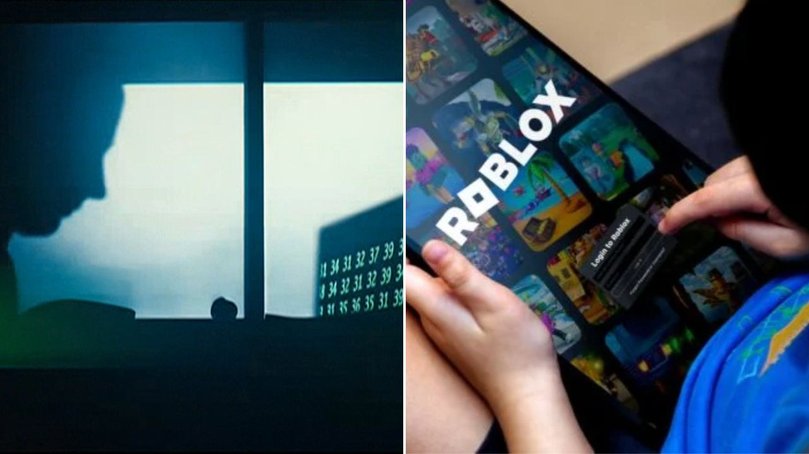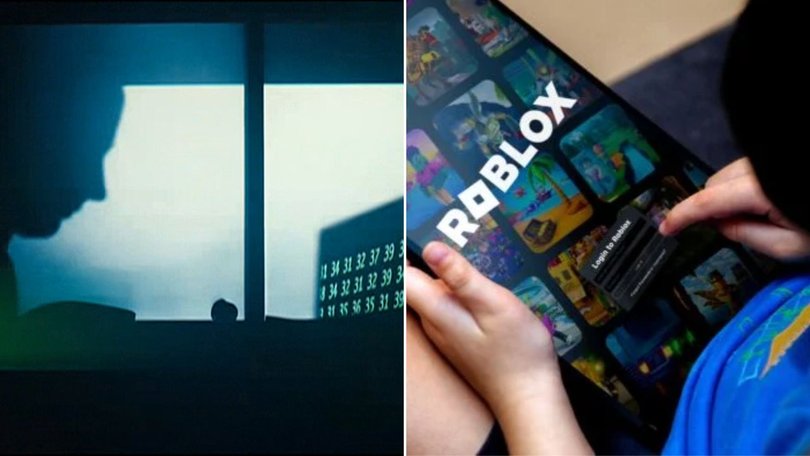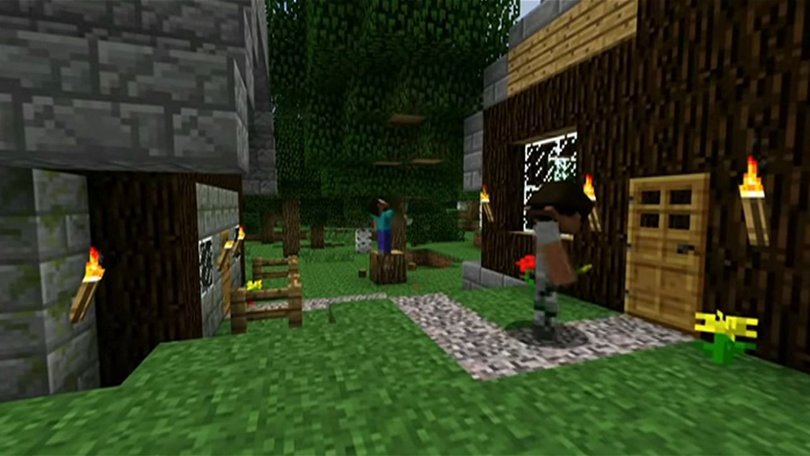Hackers targeting Aussie kids through social media and online games such as Minecraft and Roblox
Children are being tricked into downloading software, often related to popular games like Minecraft and Roblox.

New data from Finder has revealed one in five Australian kids has fallen victim to a scam in the past 12 months.
Hackers are targeting children by infiltrating online games and social media, sending unsuspecting kids what appears to be a harmless message or link.
WATCH THE VIDEO ABOVE: Kids targeted by hackers in online games
Sign up to The Nightly's newsletters.
Get the first look at the digital newspaper, curated daily stories and breaking headlines delivered to your inbox.
By continuing you agree to our Terms and Privacy Policy.But inadvertently downloading the malicious software is leading to account theft and identity fraud.
SafetyNet Cyber Security specialises in protection and recovery for victims.

Director J. Keating has seen an increase in cases of hackers planting malicious links in fake giveaways or video streams.
“Video game related phishing or malicious links ... we’ve had a dozen in the last week,” he said.
Children are tricked into downloading software, often related to Minecraft and Roblox.
Within minutes, hackers can take full control of the family computer, where they can access everything. Emails, social media, Netflix, Spotify and — critically — online banking.
“Any of those places where you can watch another person play Minecraft, you can watch another person play Roblox, anywhere where that’s going on, there’s undoubtedly going to be people with malicious links or fake things in there to trick kids.,” Keating said.
“[Popular gaming hub] Discord is sort of where a lot of it happens because there’s file sharing, there’s links, it’s kind of unregulated to an extent.”
The company has been “at war” with hackers from Nigeria and Vietnam for the past three-and-a-half years.
Keating said the coordinated criminal network targets Australians from thousands of kilometres away.
“We’re sort of like the tow truck drivers of the IT world. People only need us when it’s an emergency,“ he said.

The biggest key to protection and recovery is communication.
If a child clicks on a link and stays silent, the hackers have more time to steal data and cyber experts are less likely to resolve it.
“If the kid hadn’t told us what actually happened and wasn’t honest, we most likely wouldn’t have been able to fix the issue properly because we wouldn’t have known what to do,” Keating said.
Mother Sarah Megginson from Finder encourages her children to use devices in common areas, where she can keep a watchful eye.
“We really discourage the use of devices in the bedroom and that’s because they’re by themselves,” she told 7NEWS.
“For parents the message you want to send to your kids is if it looks to be good to be true it probably is.”
Originally published on 7NEWS
